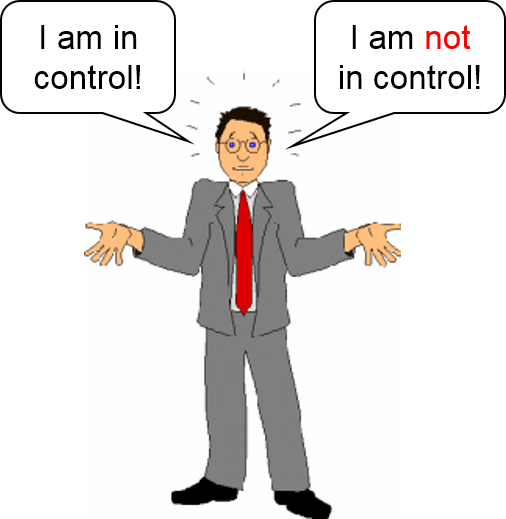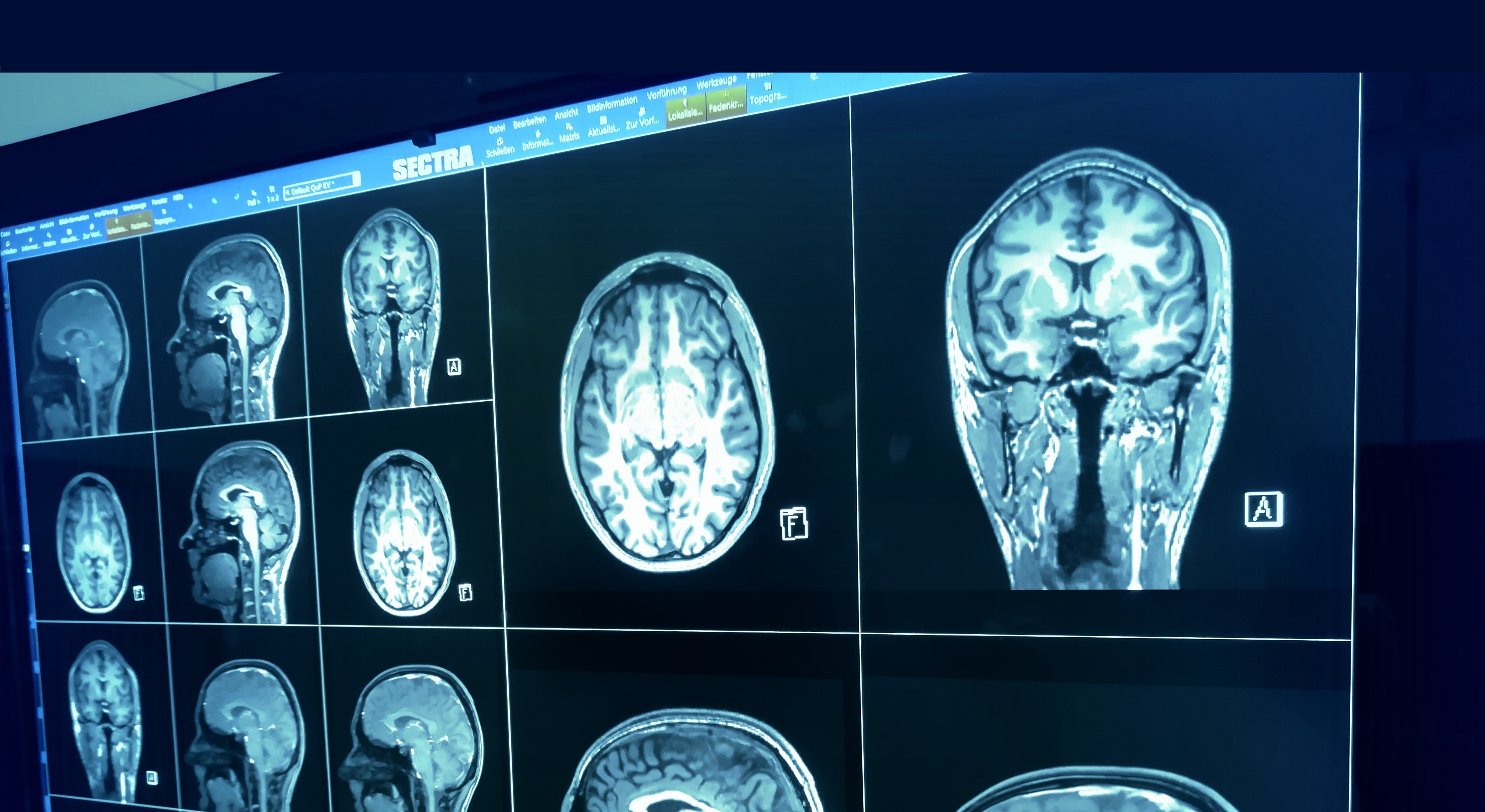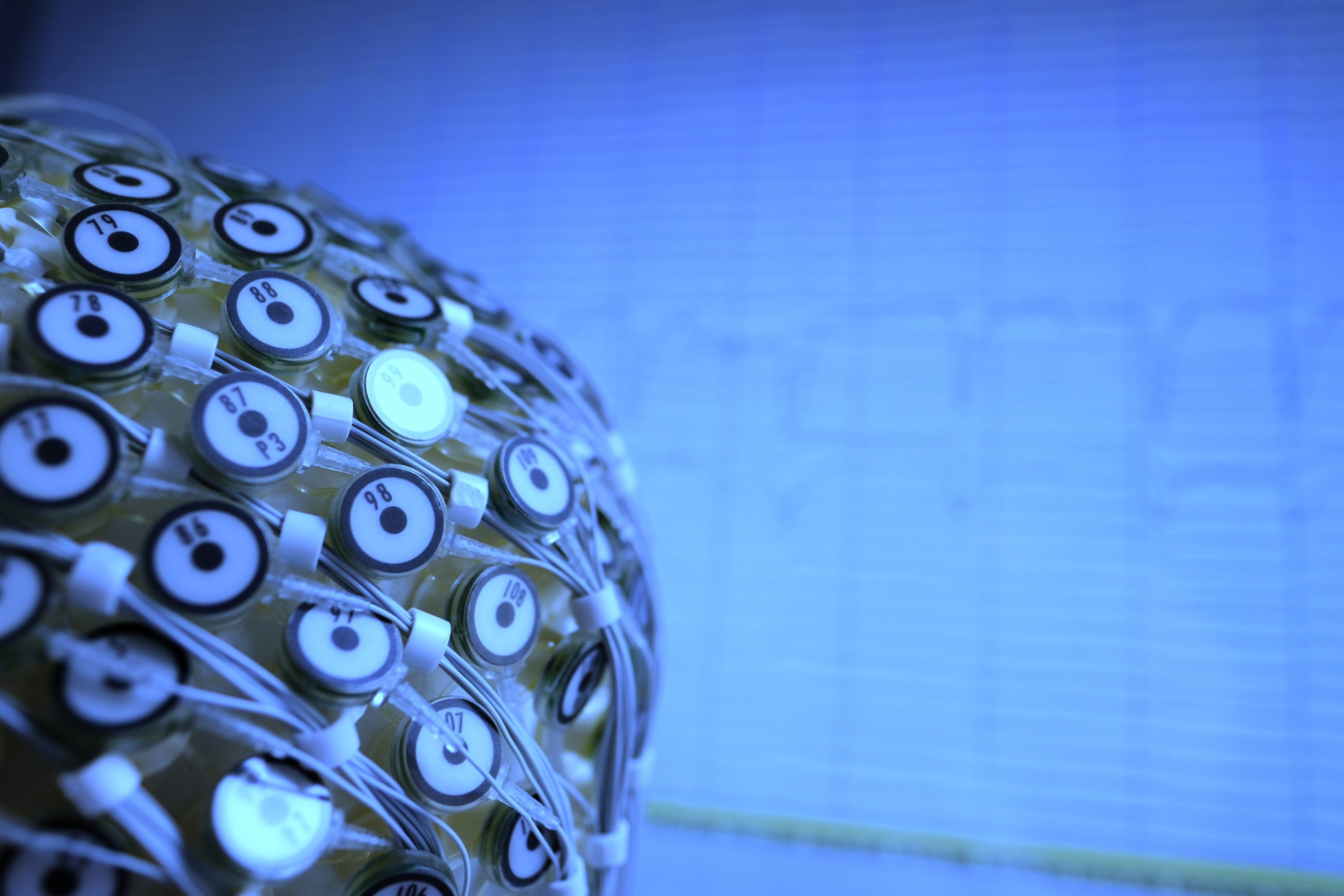The role of stress in Functional Neurological Disorders

Functional neurological disorder (FND), formerly called Hysteria (by Hippocrates) and then Conversion Disorder (by Freud) represents a frequent disorder at the border of Neurology and Psychiatry. Patients present with neurological symptoms (e.g., paralysis, tremor, convulsions) unrelated to a neurological disease such as stroke, tumour or epilepsy, but for which past or current psychological stress is a known risk factor. As FND represents the 2nd most common reason for a neurology consultation, it is of utmost importance to better understand the mechanisms linking physical symptoms to psychological stressors, in order to develop specific treatment plans.
With the recent technological development in neurosciences, several key studies in the last decades have improved the understanding of FND; the notion of impaired sense of agency (i.e., the sense that we are the agents in control of our actions and sensation) during motor and sensory processing has been put forward in understanding HOW the symptoms are produced. Meanwhile, the role of psychological stress and its biological markers has been better delineated in understanding WHY the disorder occurs.
This project is based on the hypothesis that psychological stress exerts an influence on neuronal networks underlying physical symptoms manifestation of FND. Specifics aims of this project are:
- To study the role of the sense of agency in FND with brain functional imaging (fMRI).
- To study the influence of biological stress measures (salivary cortisol and amylase) on the sense of agency.
- To study the effects of the interference on the agency network using transcranial magnetic stimulation (TMS).
- To study the effect of a mindfulness meditation therapy (MBSR) on stress measures and physical symptoms.
Responsible persons:




